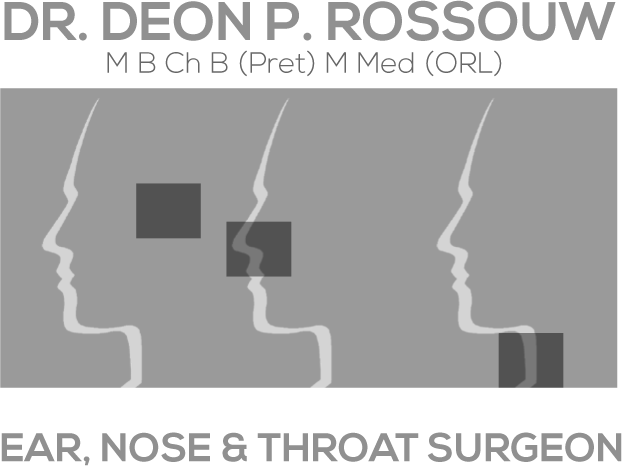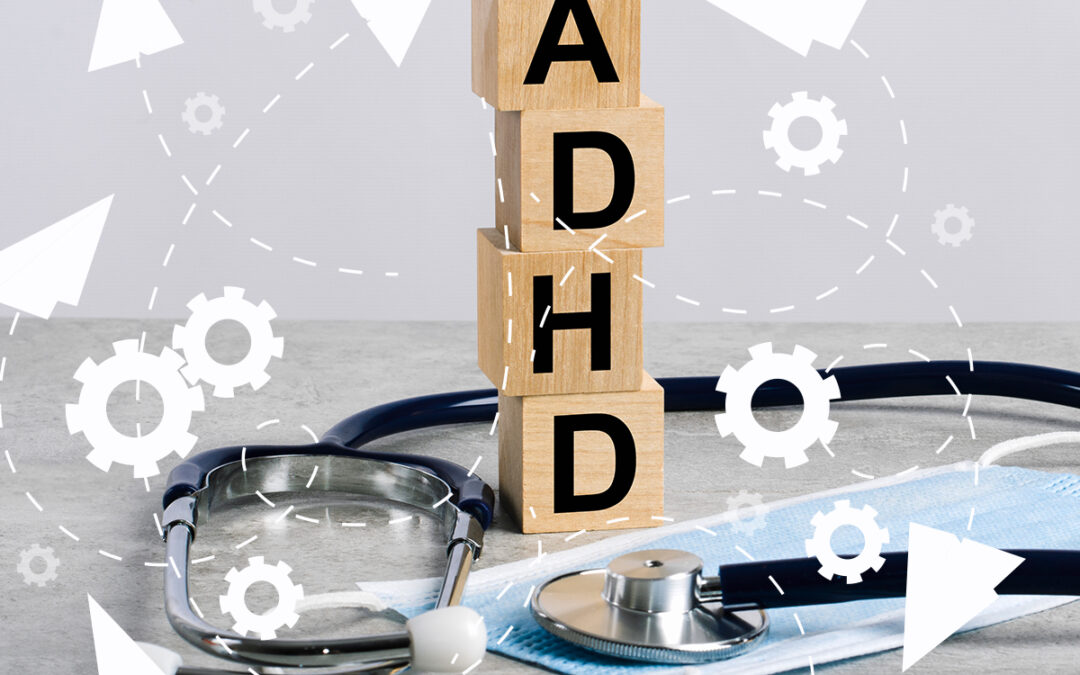ADHD is a disorder categorised by three symptoms:
- Hyperactivity
- Impulsivity
- Inattention
Inattention is often diagnosed as a possible hearing problem and referred to an Ear, Nose and Throat Surgeon for evaluation.
ADHD is a neurological condition and it runs in families.
Diagnosis requires a comprehensive assessment and involves a team of professionals.
With the correct diagnosis however, this condition is extremely successfully treated and most patients can live a normal life.
WHAT IS ADHD
Occasionally, we may all have difficulty in sitting still and concentrating or controlling our movements. However, for a person with ADHD, these problems become so interfering in their normal function that they actually cannot get through the day.
WHAT CAUSES ADHD
ADHD is caused by differences in some of the neurotransmitter patterns in the brain. These are chemicals that make it possible for the nerve impulses to travel from one nerve to another.
ADHD – THE PRIMARILY INATTENTIVE TYPE (20 – 25%)
- These children or patients fail to give close attention to detail and makes careless mistakes;
- Does not appear to listen and is often diagnosed as having a hearing loss;
- Has difficulty in sustaining attention;
- Struggles to follow through on instructions;
- Avoids or dislikes tasks requiring sustained mental effort;
- Is forgetful in their daily activities.
ADHD – THE PRIMARILY HYPERACTIVE TYPE (10 – 15%)
It is similar to the above, except that they can be extremely impulsive to the extent that they are sometimes a danger to themselves.
60 – 65% of patients with ADHD however, are a combination of the above two.
WHO GETS ADHD
Three to five percent of all children are affected by ADHD, so it is an extremely common condition.
Most ADHD’s are outgrown but it has been noticed that it can carry on through puberty and into adult life.
HOW IS ADHD TREATED
Consult your doctor for further information in this regard.
WHAT IS THE OUTCOME OF ADHD
It is important to note that, despite their difficulties, people with ADHD possess positive personality characteristics, particularly those who receive appropriate intervention and support.
People with ADHD can be:
- Intelligent, imaginative, creative and original;
- Inquisitive, exploratory, and open to new experiences;
- Active and energetic;
- Enthusiastic, spontaneous, and keen to try out new things;
- Entertaining and interesting to talk to and be with.
Just a couple of famous people who had ADHD:
- Albert Einstein
- John F Kennedy
- Harry Belafonte
- Jules Verne
- Cher
- Sylvester Stallone
- John Lennon
- Winston Churchill
- Henry Ford
- Beethoven
- Galileo
- Mozart
- Leonardo da Vinci
- Whoopi Goldberg
- Tom Cruise
- Louis Pasteur
- Werner von Braun
- Dwight D. Eisenhower


Recent Comments